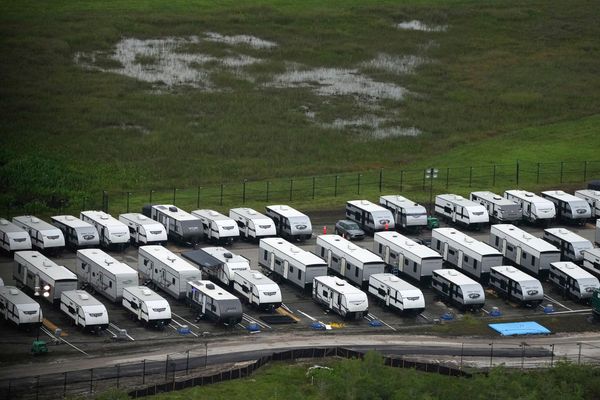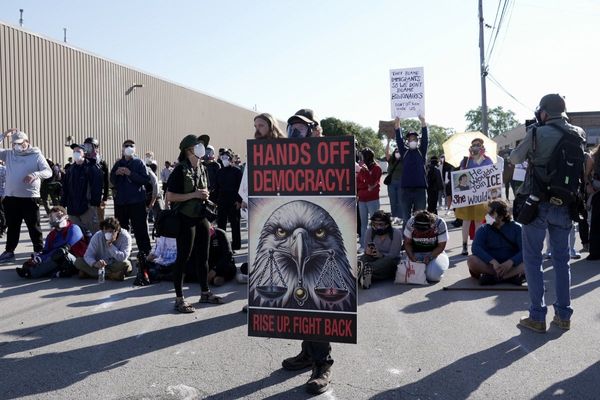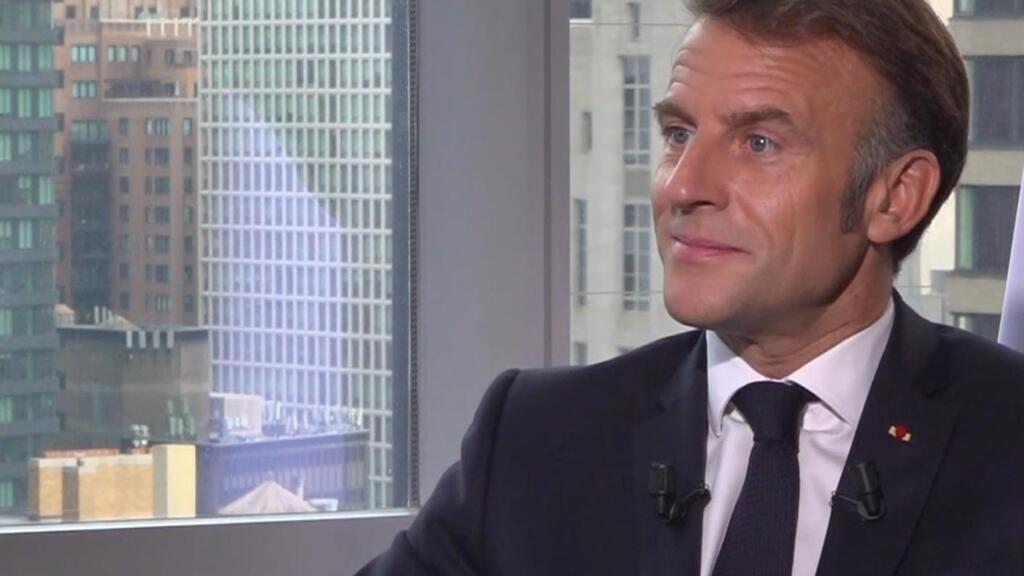
French President Emmanuel Macron spoke exclusively to RFI and its sister television channel France 24 on Wednesday about the twin challenges confronting Europe and the Middle East. Speaking on the sidelines of the UN General Assembly in New York, Macron welcomed what he described as the Trump administration’s “new perspective” on the war in Ukraine, and the pathway to peace in Gaza.
Macron also defended France’s recent recognition of the state of Palestine, arguing that it is a necessary step to isolate Hamas and create a pathway toward peace in Gaza.
Following his criticism of “double standards” in the international handling of conflicts in Ukraine and the Middle East, Macron used the interview to outline France’s strategic approach to both crises, emphasising diplomacy, security, and civilian protection.
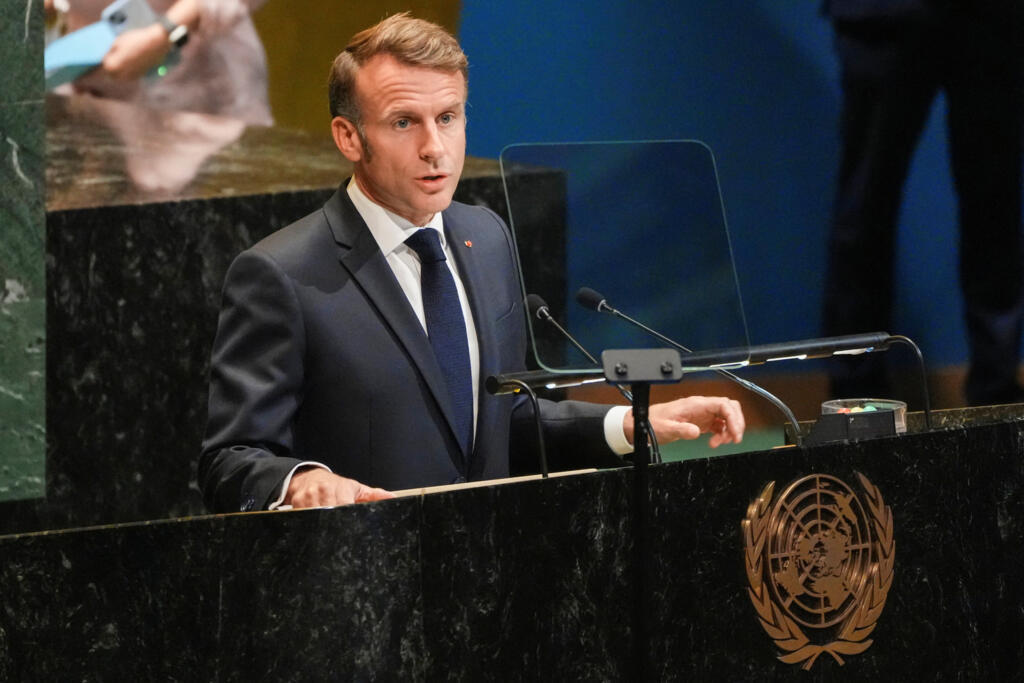
Gaza and Hamas
Macron cautioned that a full-scale military campaign in Gaza is unlikely to defeat Hamas and will inevitably put civilians at risk. “Total war kills civilians, it does not destroy Hamas. This is factual,” he said, highlighting the limits of Israel’s ongoing operations.
He acknowledged that Israel’s military has restored its deterrent capability, which was weakened by the attacks of 7 October.
Macron warns Israel that Gaza occupation plan risks ‘war without end’
While the Israeli army has achieved “remarkable military successes” and decapitated Hamas leadership, Macron stressed that the militant group “is not disappearing, it has just as many fighters as at the start of the war".
He questioned the military purpose of Israel’s continued campaign, noting that tactical gains have been made but the broader strategic goal of dismantling Hamas remains elusive.
“Our objective is the release of hostages held by Hamas – and it is clear that total war does not allow this. It even puts them in danger,” he said.
He added that France’s second aim is “a ceasefire, saving lives in Gaza and resuming humanitarian work".
Macron argued that recognition of Palestine is “the only way to isolate Hamas,” noting that the move has already led the Palestinian Authority to condemn the 7 October attacks, call for Hamas’s demilitarisation, and begin a process of internal reform.
Macron says embassy in Palestine will open only after release of hostages
Defending France’s decision to recognise Palestinian statehood, Macron placed it within the framework of reviving diplomacy for a “two-state solution” to the Israeli-Palestinian conflict.
“France’s position has not changed, we have always supported the two-state solution,” he said, rejecting suggestions that recognition is merely symbolic.
“The decision to recognise Palestine stems from our aim to put in motion a process that enables a path to peace,” he added, linking it to efforts to end the war and secure the release of hostages.
France's Macron repeats warning on Netanyahu's military plan for Gaza
European security and Russia
Turning to Europe, Macron emphasised the importance of NATO unity in confronting Russian aggression.
He expressed support for Polish Prime Minister Donald Tusk’s pledge to “shoot down” any encroaching Russian aircraft, stressing that NATO members must remain “collectively uncompromising” when dealing with threats.
“The security of Europe is at stake today. We cannot allow the idea to take hold that Poland, Estonia, and Romania are in a weak position, because the next in line would be Germany and then us,” he said.
Macron described Russia as “a destabilising force for all of Europe,” referencing recent Russian incursions into NATO airspace.
He defended NATO’s response as proportionate, noting France’s deployment of additional Rafale fighter jets to Poland to bolster the alliance’s eastern flank. “If there are further incursions, we will have to step up our response,” he warned, adding that such action “would not be in Russia’s interest".
Macron, Merz and Tusk join Moldova independence day with show of EU support
Ukraine
Macron noted that Russian territorial gains have been limited since Ukraine’s successful counter-offensive in 2022, which stabilised the front line.
“The US has witnessed Ukraine’s ability to resist and our collective capacity to do more,” he said, highlighting Europe’s role in supporting Kyiv alongside partners in the so-called Coalition of the Willing.
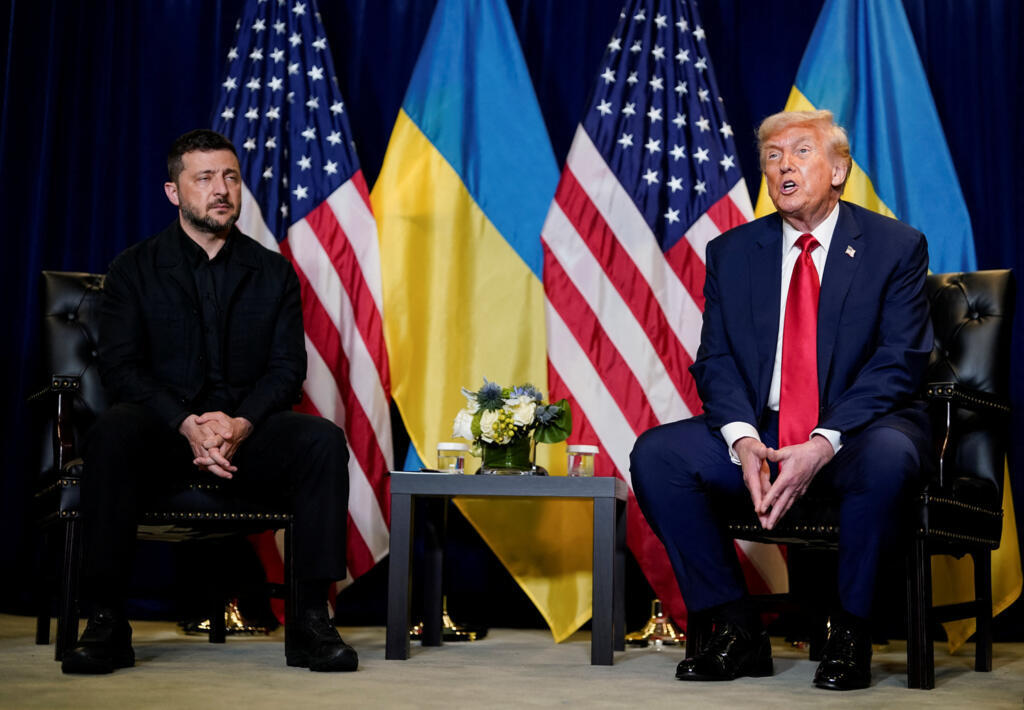
He welcomed Washington’s “new perspective” on the war, noting that recent comments from US President Donald Trump highlighted Russia’s weaknesses.
Macron says Russia does not want peace, stresses security for Ukraine
“This is a very clear message from the US president that Russia is undoubtedly weaker and more fragile than he has sometimes thought,” Macron said, describing it as “a salute to the resistance of the Ukrainians and their ability to hold on to their territory and perhaps take it back".
Despite this optimism, Macron remained sceptical about the prospects for a ceasefire. “Ukraine’s Zelensky is ready, but Putin has shown no sign he is any more open to peace than he was before,” he said, calling for continued pressure on Moscow to engage in meaningful talks.
Macron says 26 countries pledge troops as a 'reassurance force' for Ukraine
Macron’s remarks illustrate France’s dual approach: advocating for diplomatic solutions and civilian protection in the Middle East, while reinforcing European security and NATO unity in response to Russian aggression.


